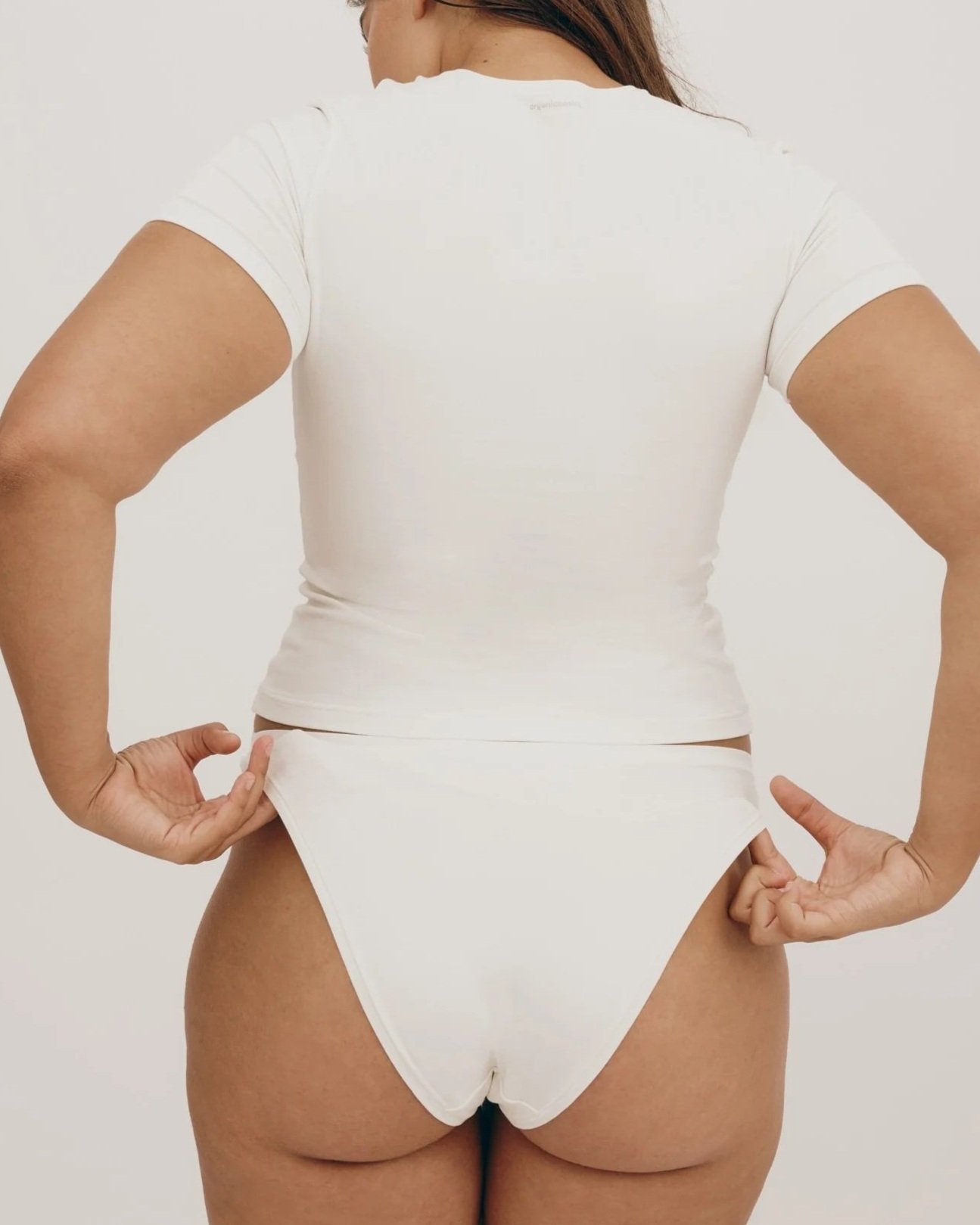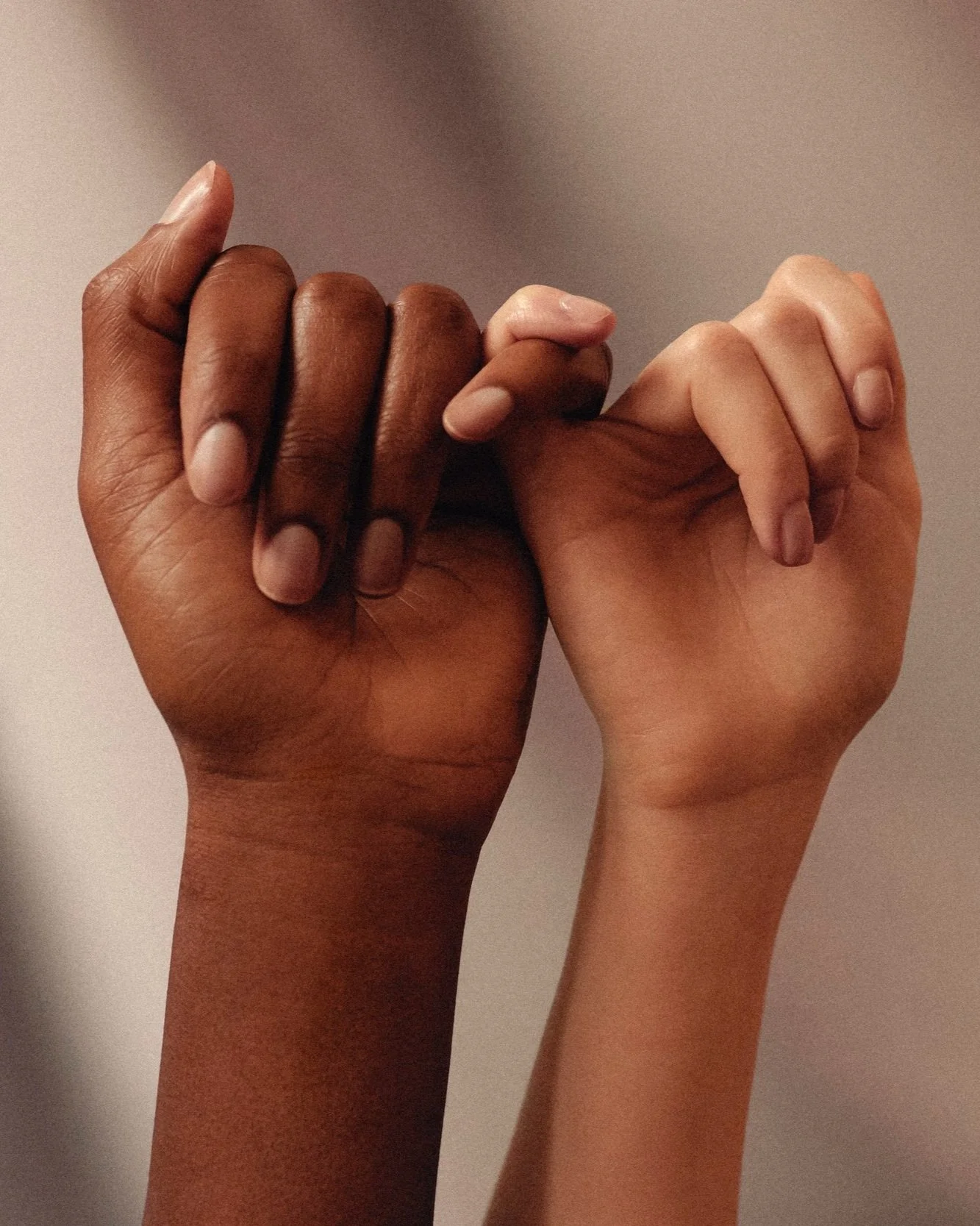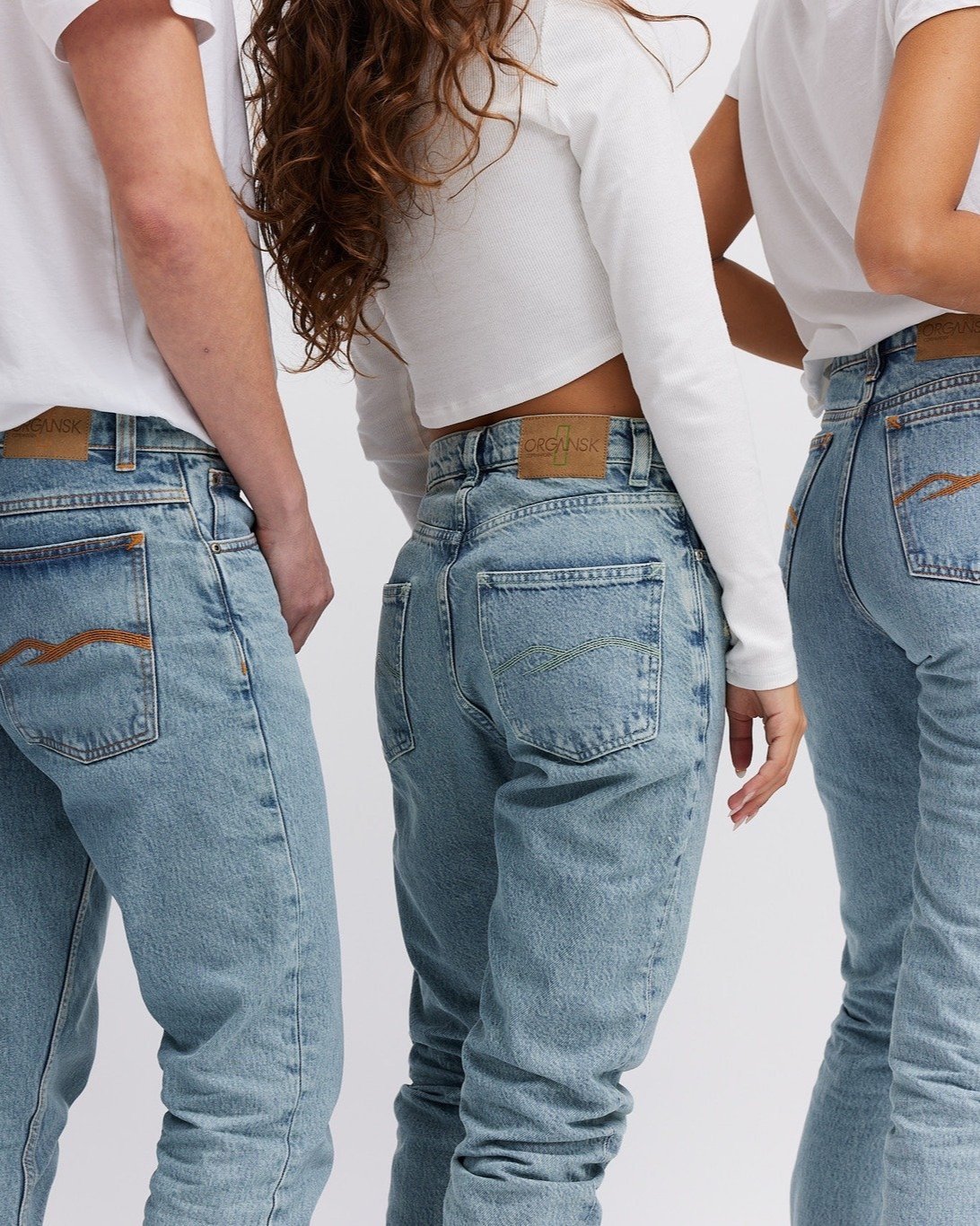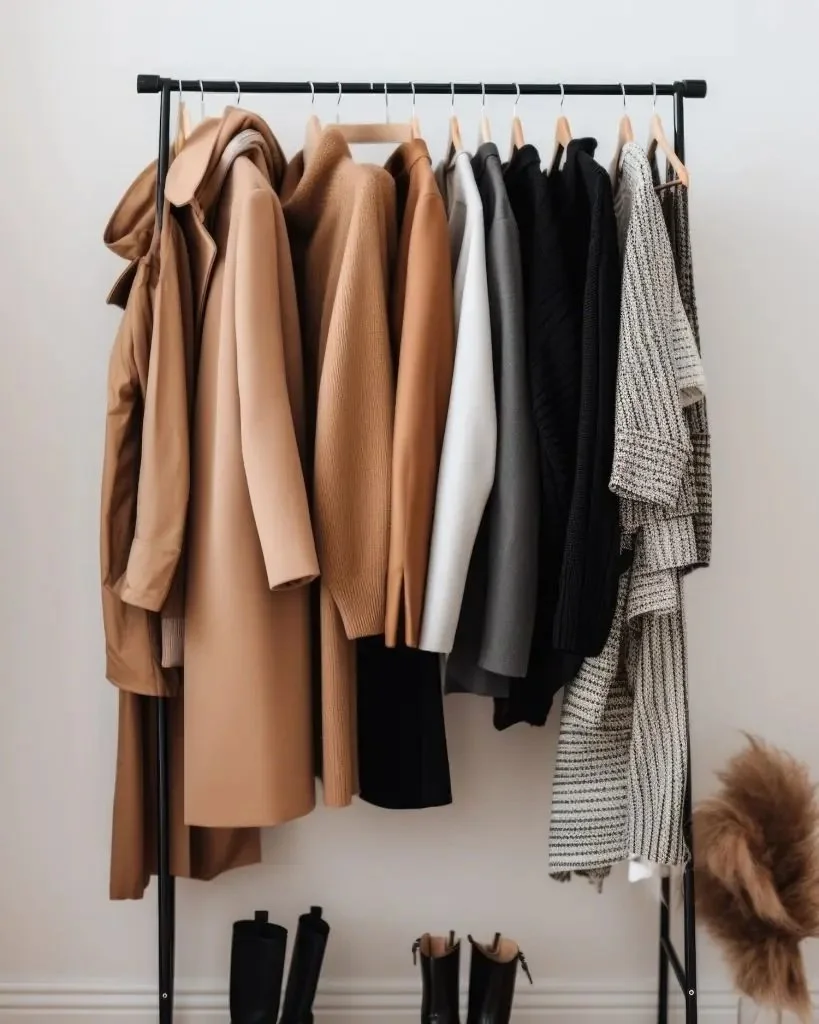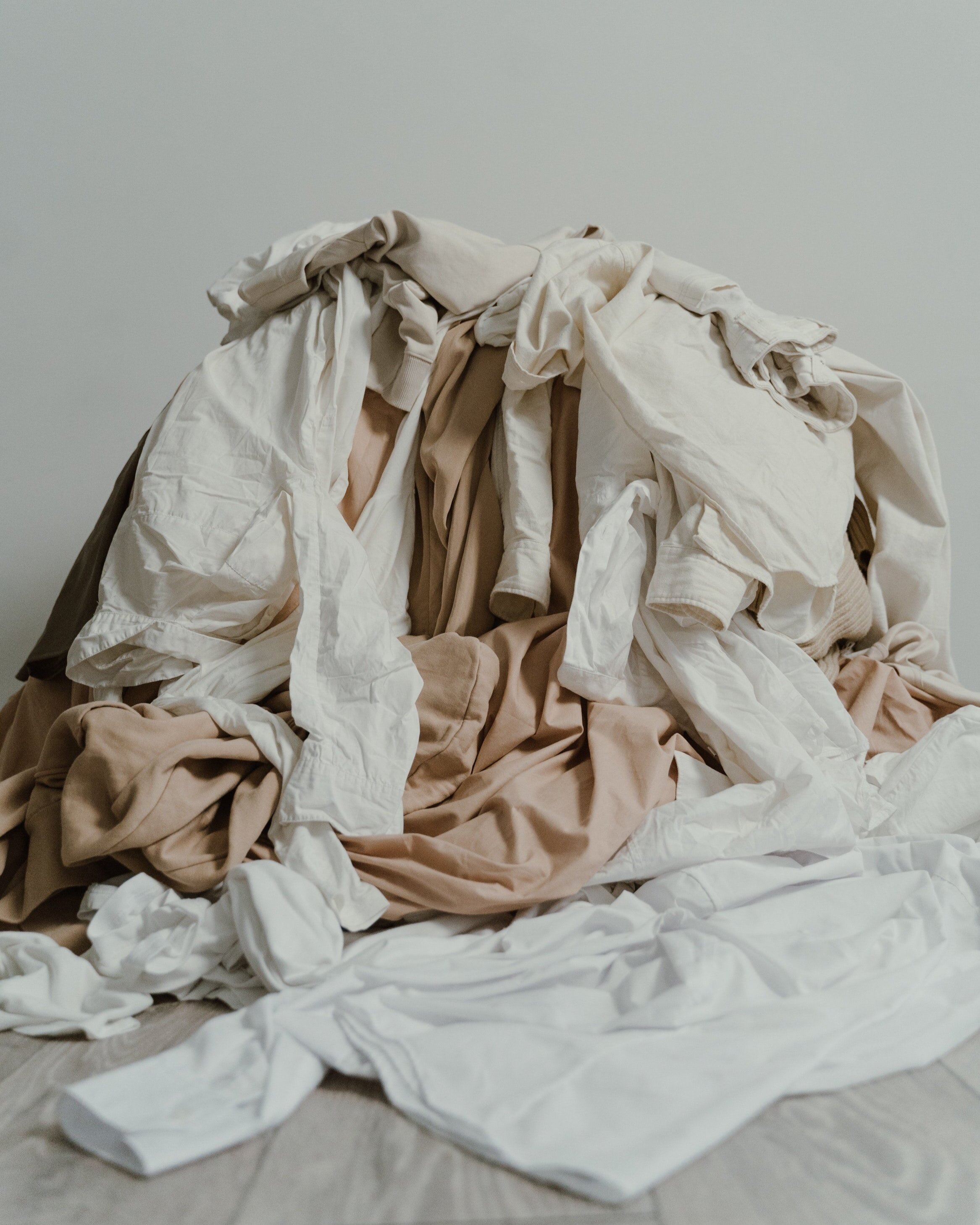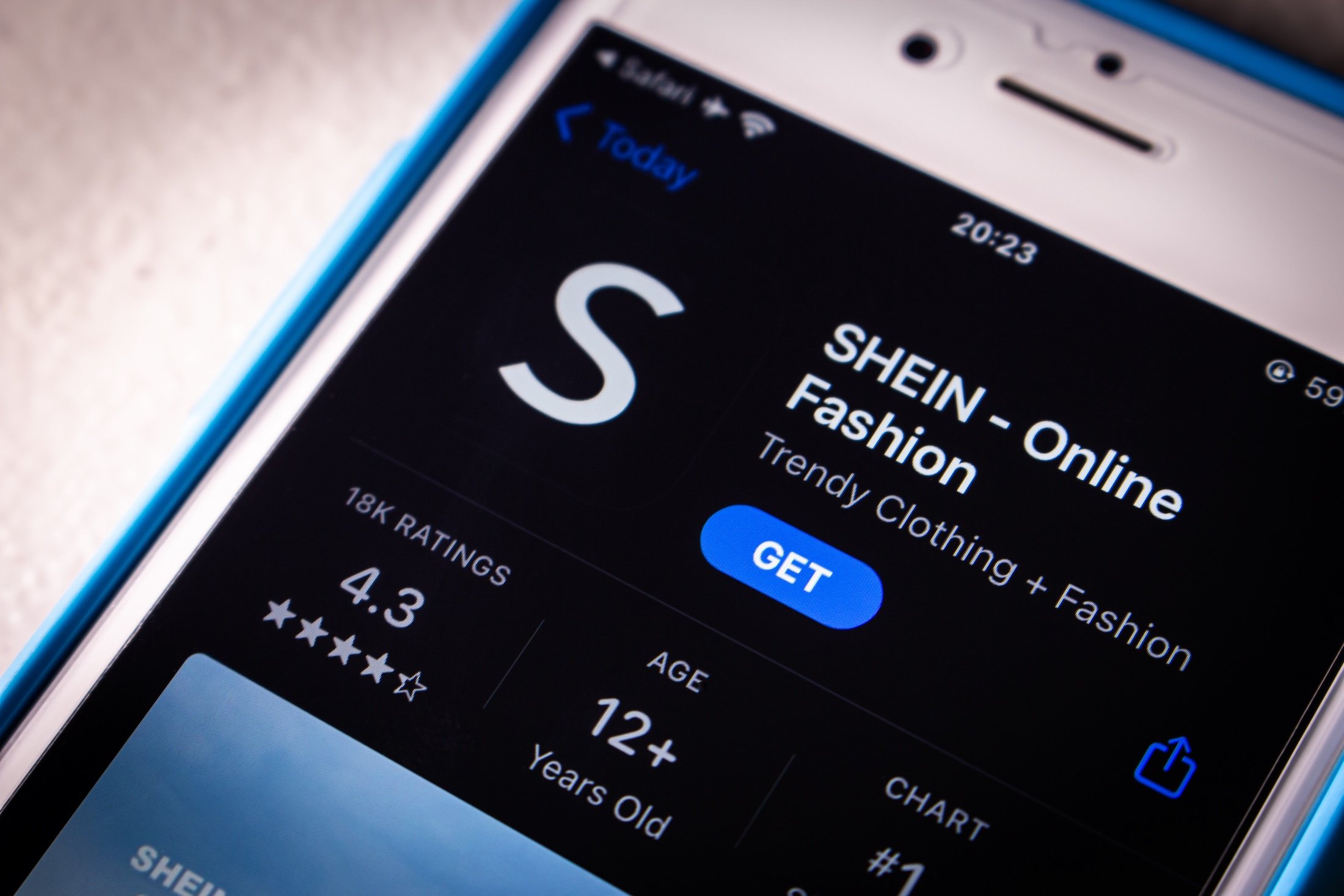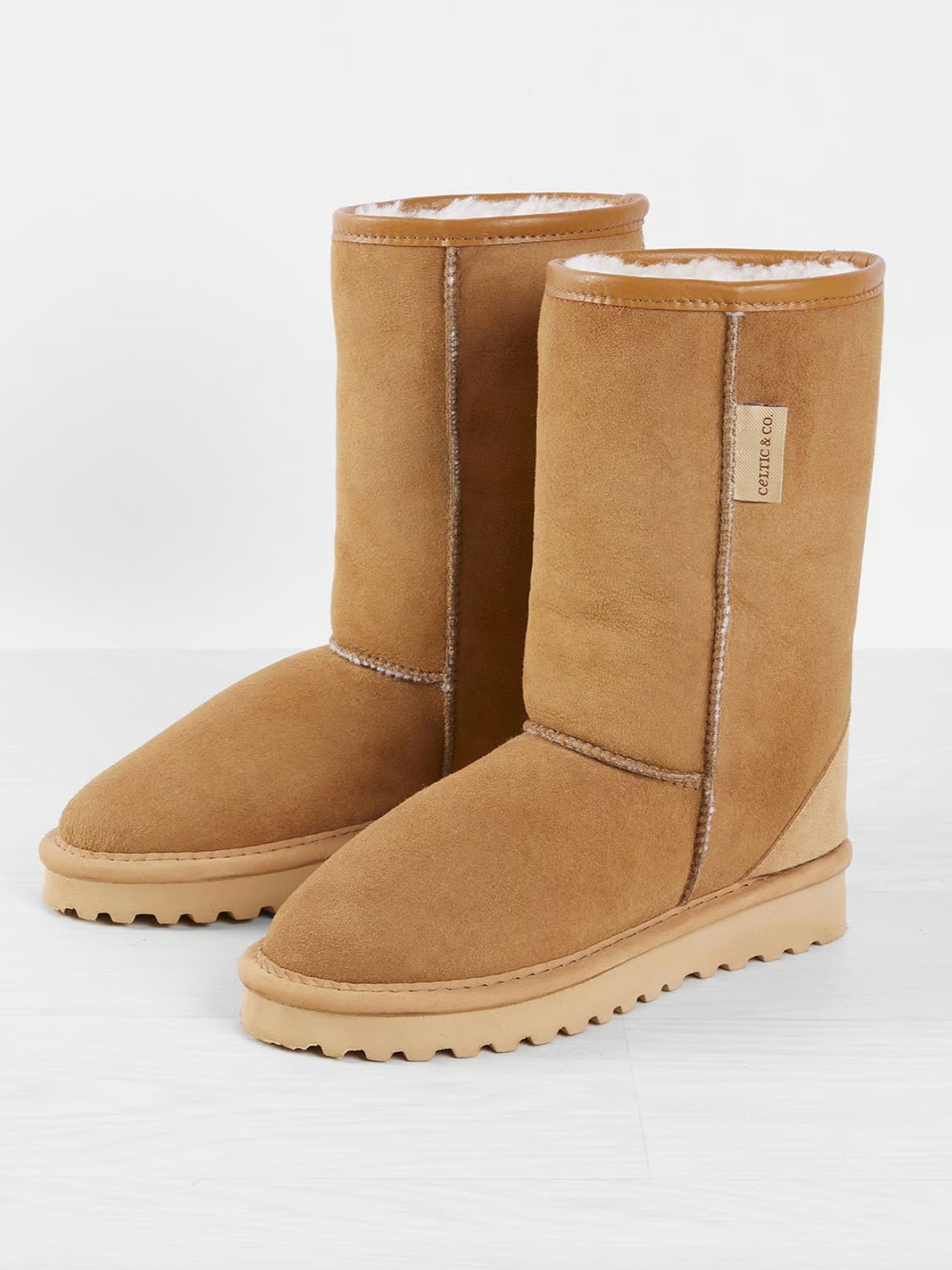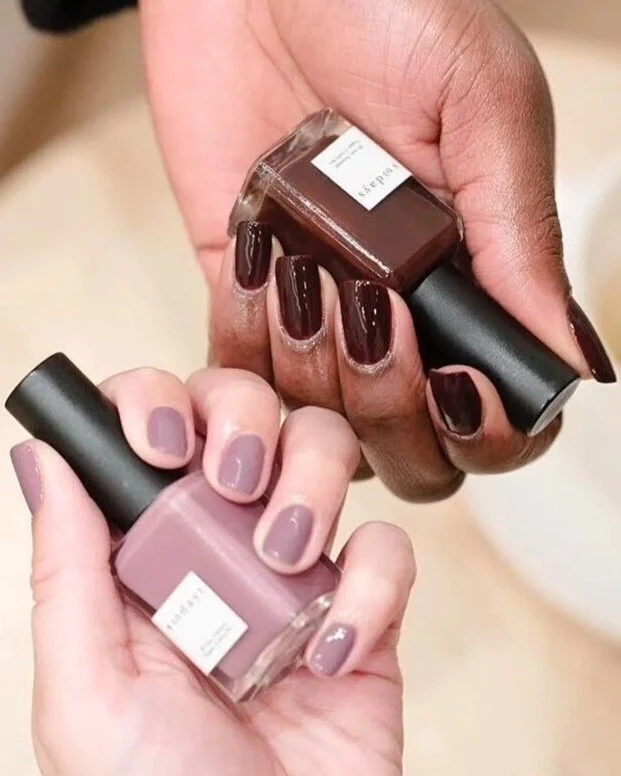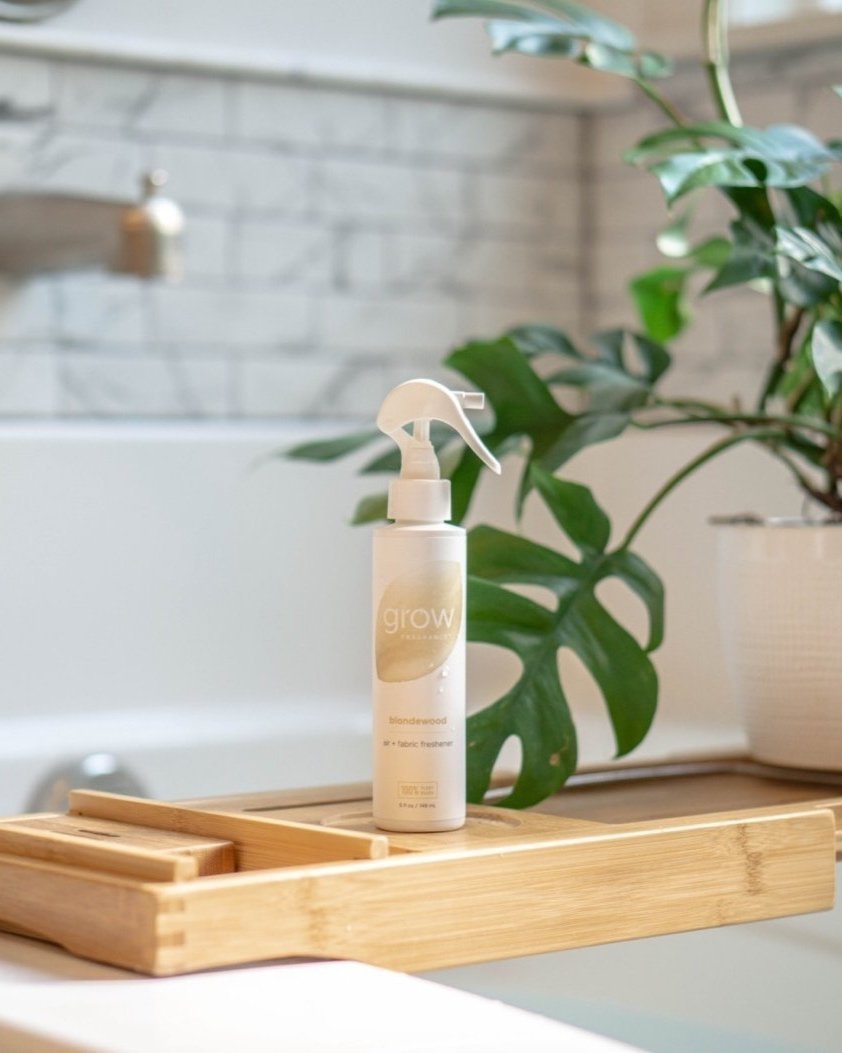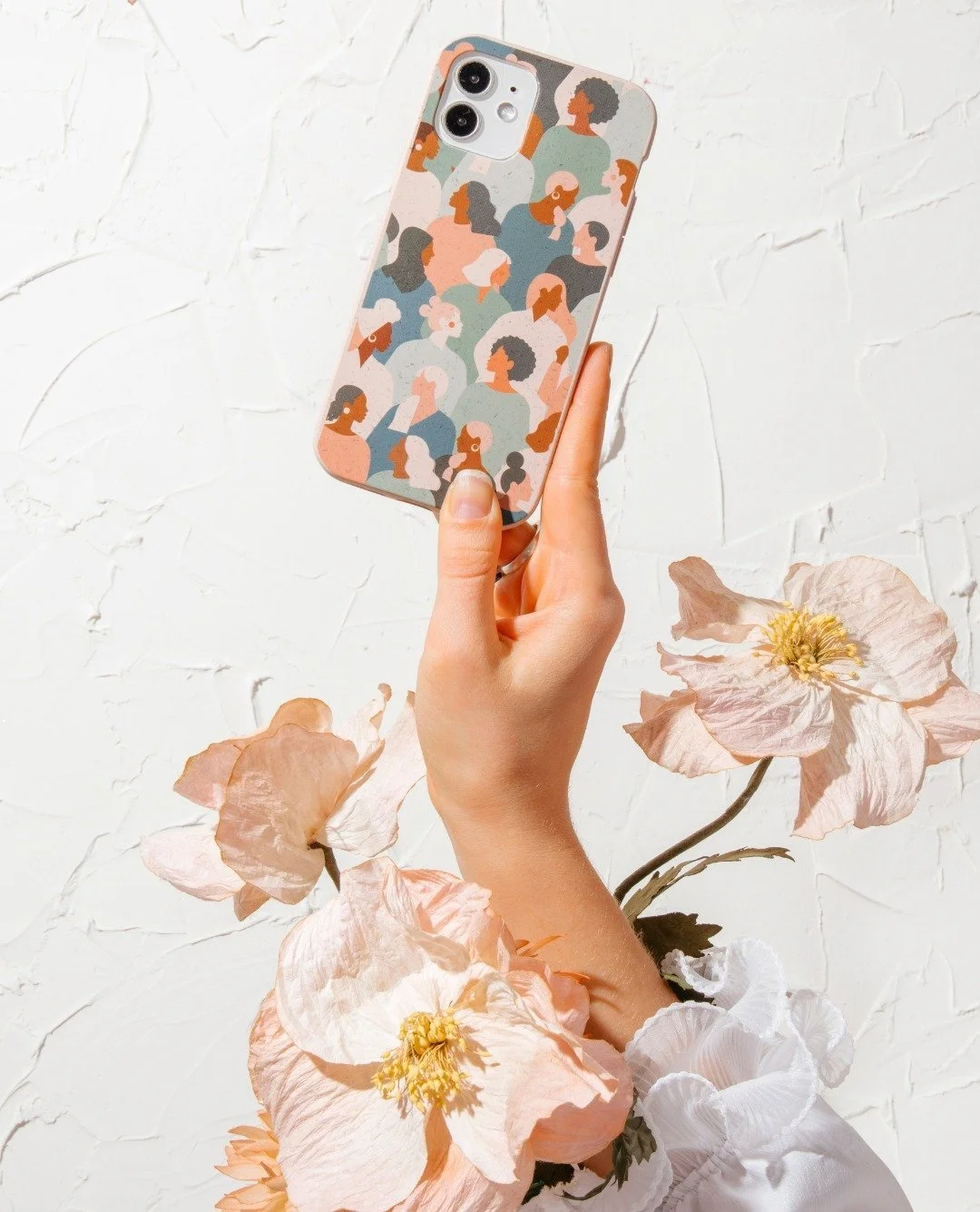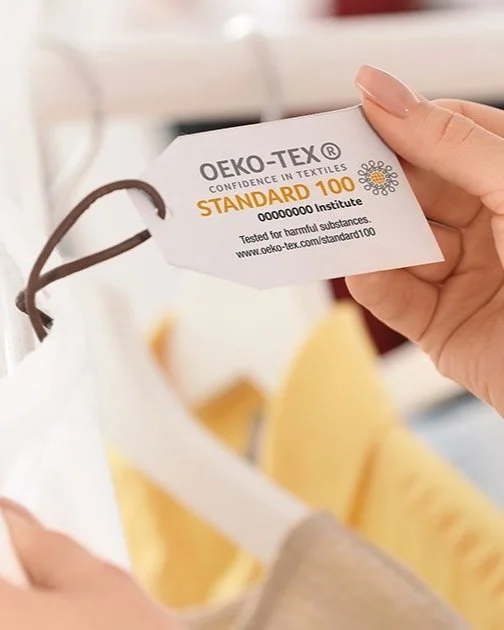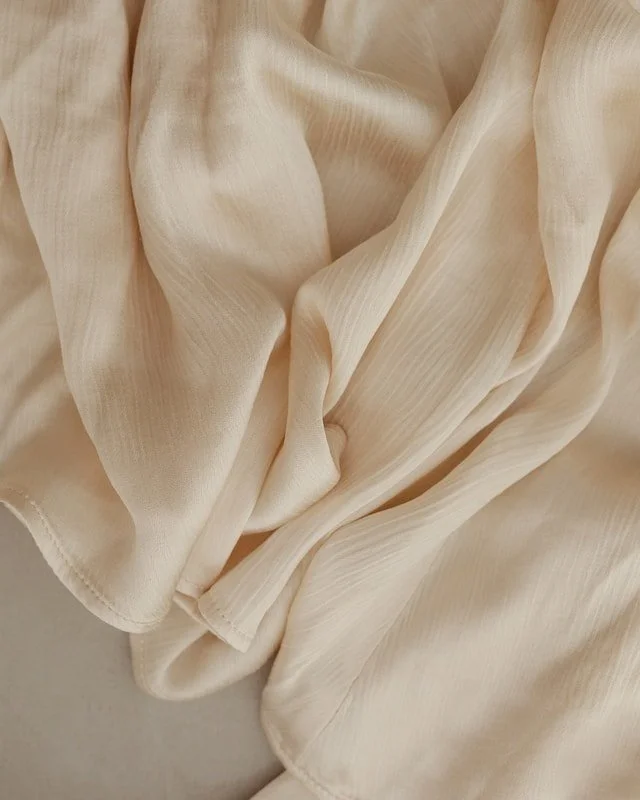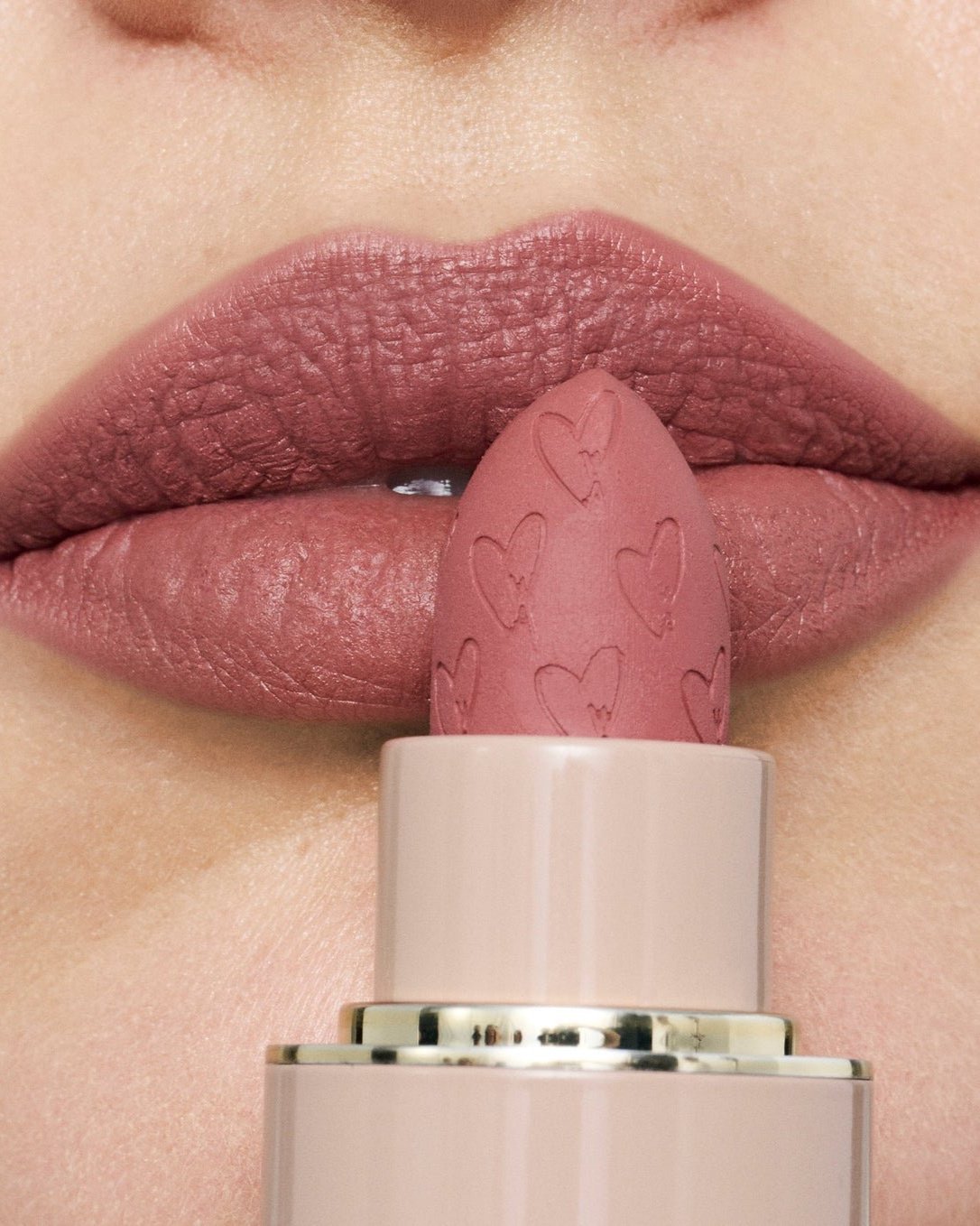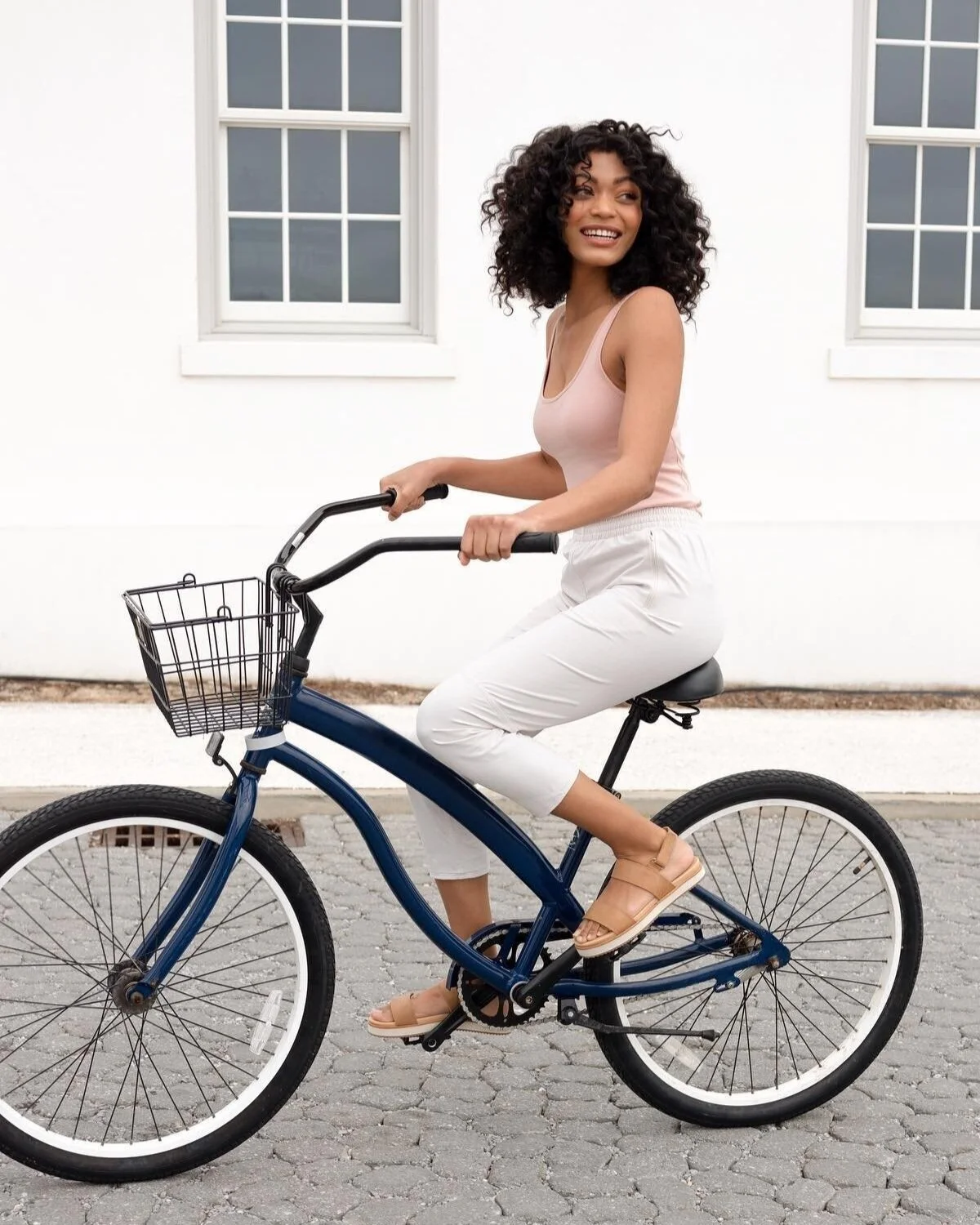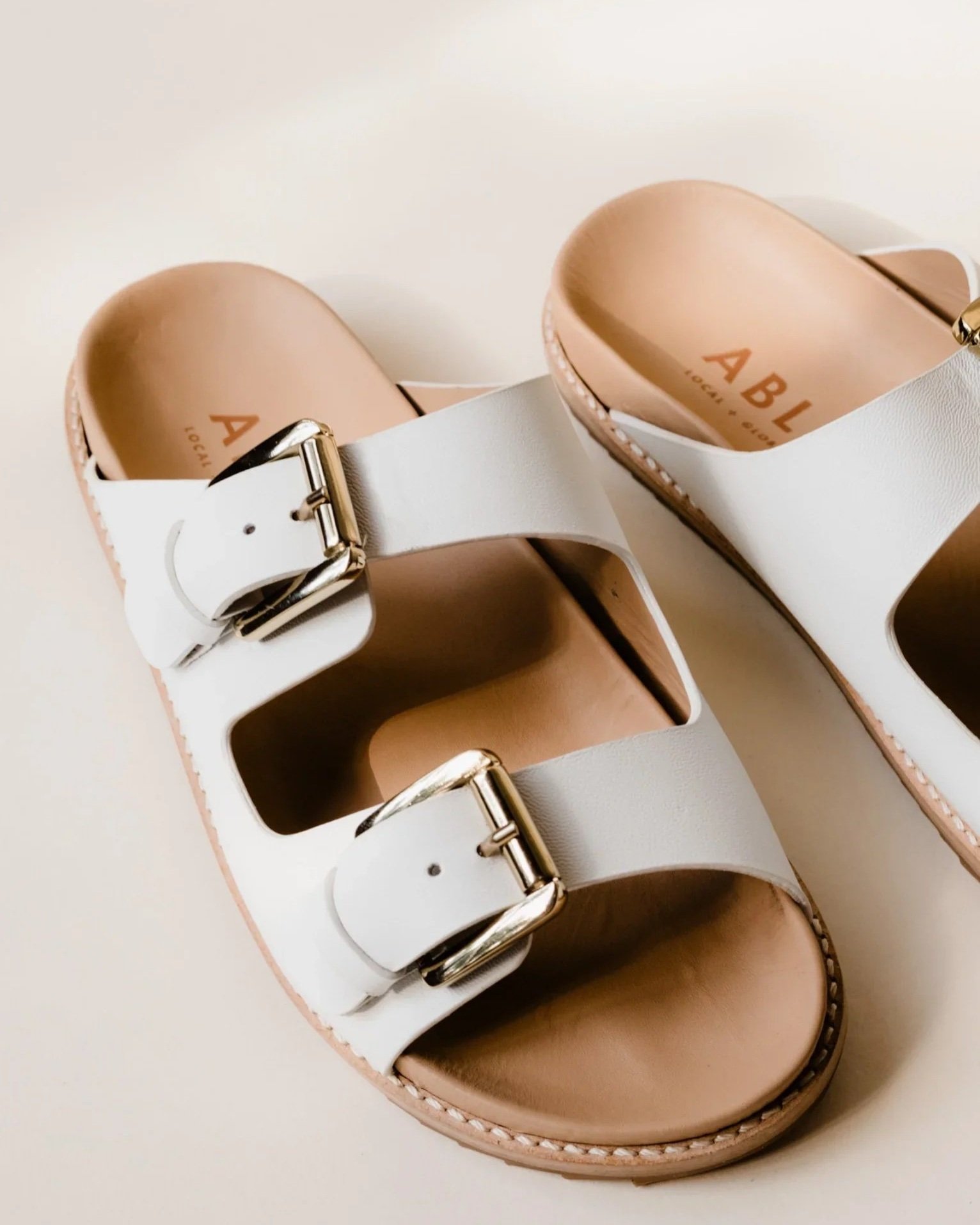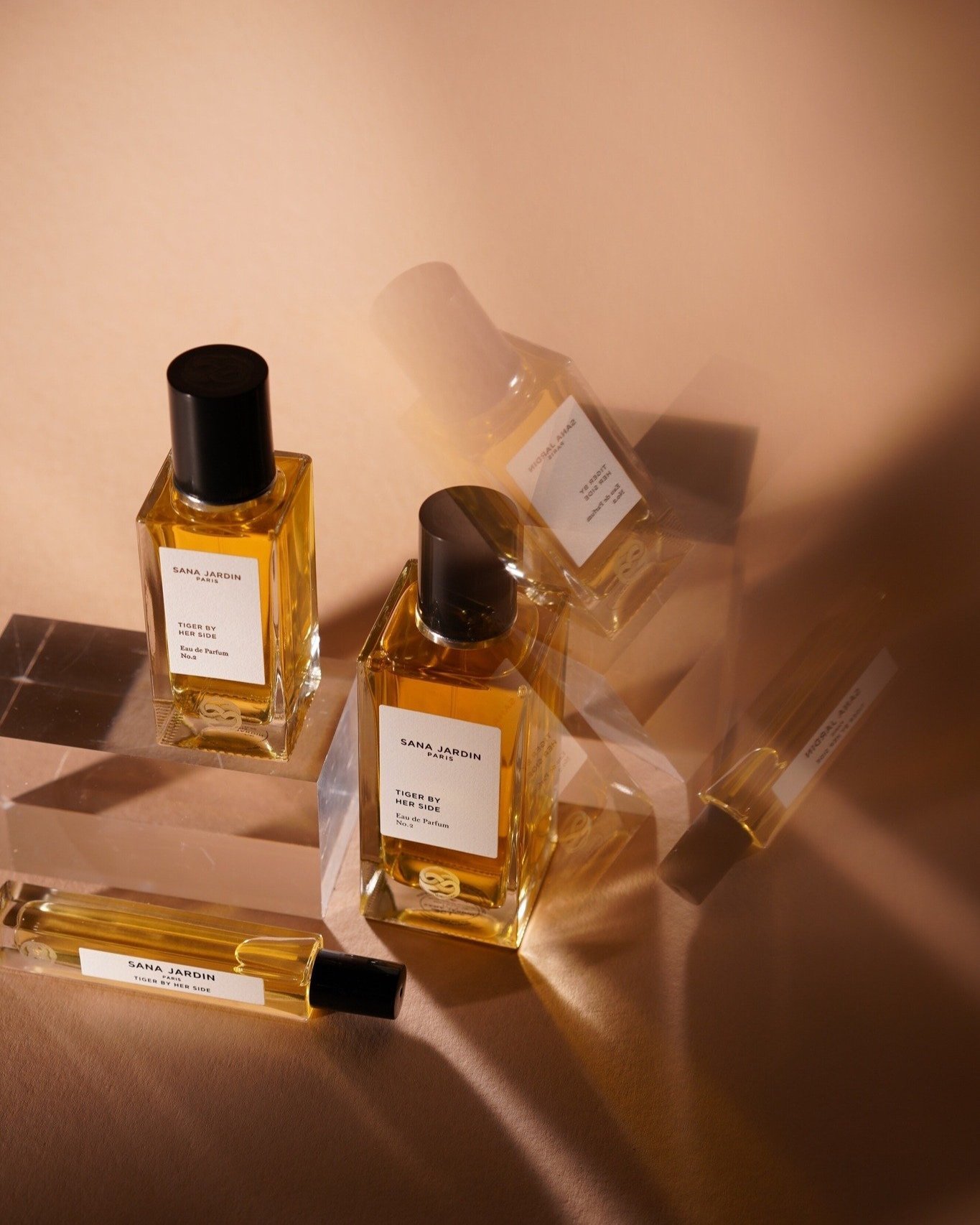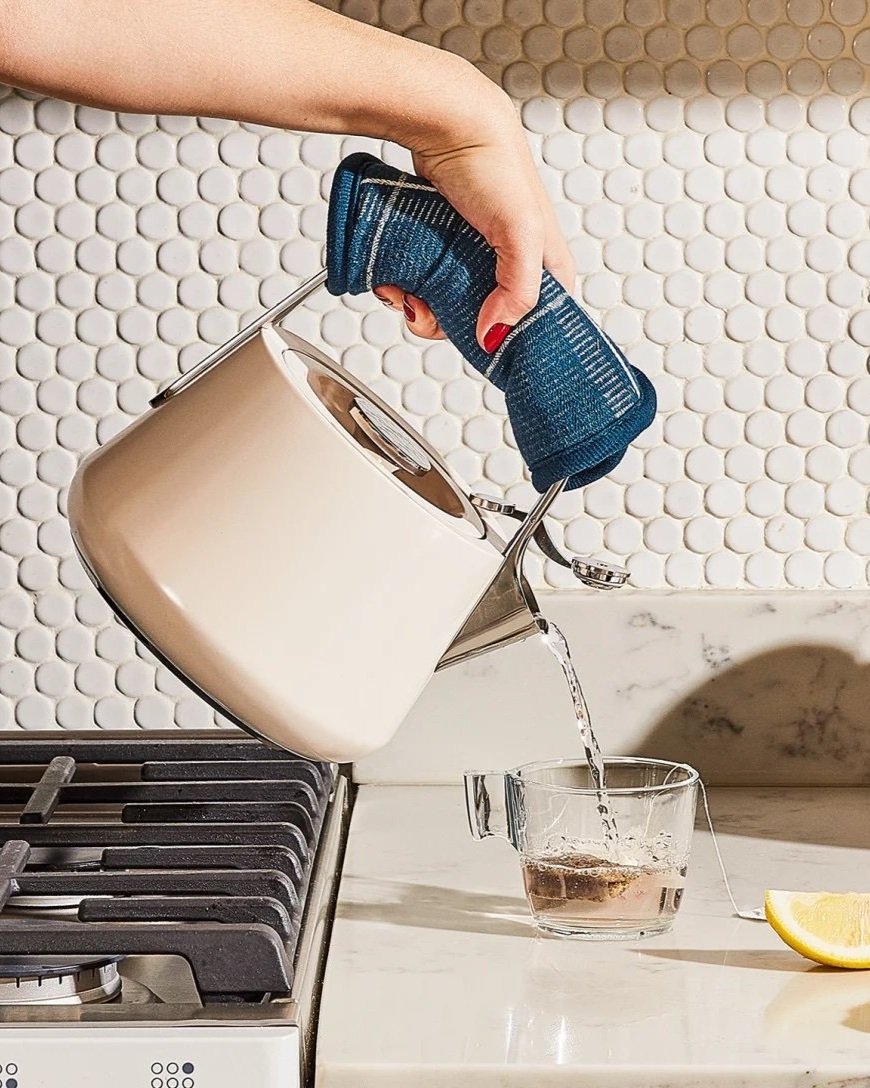Stella McCartney at Paris Fashion Week
If you’re a fan of sustainable fashion, it’s hard not to revere Stella McCartney as an icon in the industry. Her recent showcase at Paris Fashion Week reaffirmed why she’s a trailblazer—not just in design, but in advocating for the planet. This season, McCartney’s collection took flight, quite literally, with birds as her central muse. The show was a celebration of avian beauty and a poignant call to action, all tied together by a "Save What You Love" manifesto, narrated by none other than Helen Mirren.
A Birdsong for Sustainability
Inspired by author and birdwatcher Jonathan Franzen and his work The End of the End of the Earth, the manifesto spoke to the urgent need to protect bird populations, many of which are threatened by human activities—including the fashion industry. In McCartney’s own words, “A billion and a half birds are killed for fashion. Feathers belong on birds, so we can be inspired by them.” Her collection brought this vision to life, featuring dove prints, a golden bird in flight rendered as a bra top, and avian-inspired accessories like necklaces, bangles, and even a statement bag charm.
Sustainable Fabrics Used in the Collection
The craftsmanship didn’t stop at visuals. Feather-like knits were meticulously woven from recyclable and recycled yarns made from plastic bottles and caps—an innovative response to the staggering fact that over 70 million barrels of oil are used annually to produce polyester for fashion (Ellen MacArthur Foundation). By utilizing recycled materials, McCartney is actively reducing the fashion industry’s reliance on virgin fossil fuel-based textiles, offering an alternative that’s as chic as it is eco-conscious.
In a further nod to innovation, the collection featured materials like lentils, mushroom leather, and "apple leather"—an upcycled textile derived from waste produced by the apple industry. The show’s centerpiece, however, may have been the hand-carved dove sculptures, created in collaboration with 886 Royal Mint. These stunning pieces were forged from gold and silver repurposed from electronic and medical waste. Given that a record 62 million tonnes of e-waste was generated in 2022—with only 18% recycled —the sculptures highlighted the potential of reusing precious metals (Global E-waste Monitor). Remarkably, it’s estimated that 7% of the world’s gold is locked away in discarded electronics (Global E-waste Monitor).
Animal Rights in Fashion
The collection also made waves with McCartney’s bold messaging on animal welfare. Her “About Fucking Time” tops and caps, created in partnership with PETA, captured the frustration of the movement and highlighted her long-standing commitment to cruelty-free fashion. Each seat at the show came with a copy of The Stella Times, a newspaper filled with facts and statistics underscoring the urgency of McCartney's mission.
With this collection, Stella McCartney continues to prove that high fashion and environmental activism can go hand in hand. By championing sustainable materials and spotlighting the fashion industry's impact on wildlife, she’s leading the charge for a future where fashion doesn’t come at the cost of the Earth.
More About Stella McCartney & Why We Love This Sustainable Brand:
Stella McCartney is a well-known and highly respected British fashion brand that offers a wide range of clothing for both women and men, along with accessories, perfume, eyewear, and children's apparel. The brand is deeply committed to sustainability and ethical practices throughout every aspect of its supply chain. Continuously striving to advance environmental responsibility, Stella McCartney is dedicated to exploring innovative technologies and processes to enhance its environmental practices and increase the accessibility of sustainable vegan alternatives.
One of the brand's standout qualities is its transparent approach to addressing its environmental impact. In 2021, Stella McCartney joined the Ethical Trading Initiative, an organization that advocates for workers' rights and collaborates with companies to enhance working conditions within their supply chains. This move showcases the brand's ongoing dedication to ethical and sustainable business practices.
About the Author
Grace Olyphant is a passionate advocate for sustainable fashion, dedicated to helping people embrace eco-conscious living without sacrificing style. With a background in personal styling and red carpet fashion, Grace combines her expertise with a commitment to sustainability, inspiring others to make thoughtful choices in their wardrobe. Follow her journey on Instagram @graceolyphant, and explore her insights on sustainable fashion and lifestyle on her blog at graceolyphant.com.
MAKE SURE TO PIN THE PHOTO BELOW TO SAVE THIS POST FOR LATER!
Searching For SUSTAINABLE BRANDS?
The Brand Directory features hundreds of sustainable brands approved by us!
We have broken everything down by category for easy shopping, along with discount codes unique to Sustainably Chic viewers.









